Black Student Union Activities for Black History Month
February is Black History Month, a month dedicated to recognizing and honoring the accomplishments and contribution African-Americans have made to the US over the course of our Nation’s history. Black History Month began with the Association for the Study of African American Life and History in February 1926 when they began sponsoring Negro History Week. As time went on, the week became recognized across the nation.
The Civil Rights Movement helped spread awareness of black identity, which was a major factor in the growth of Negro History Week. It soon evolved into Black History Month on many college campuses.
It was officially recognized as a national event by President Gerald R. Ford in 1976 who called upon the public to “seize the opportunity to honor the too-often neglected accomplishments of black Americans in every area of endeavor throughout our history.”
“It should be celebrated by everyone, not only black people,” said junior Lawrencia Agyemang, West Potomac’s Black Student Union (BSU) Event Coordinator. She also said her favorite part about Black History Month is learning about different African-American figures that helped change history.
To Agyemang, Black History Month is a chance to celebrate African-Americans who helped change the way African-Americans were viewed in the U.S, and those who contributed to so many advances in the world that we use today.
“We have people like Martin Luther King, Jr. that have made it possible for me to [go] to school with different types of people and become friends with them,” said BSU President Kiya Wimbush-Robinson. “And you have people like Madam CJ Walker, Garrett Morgan, and George Washington Carver that invented things we use in everyday life.”
Madam CJ Walker created a line of African-American hair care products in 1905 after suffering from hair loss and scalp issues. Garrett Morgan, “blazed a trail for African-American inventors with his patents, including those for a hair-straightening product, a breathing device, a revamped sewing machine and an improved traffic signal.” George Washington Carver used peanuts to create many products including dyes and gasoline.
The BSU, which was formed at West Potomac in 2013, has much planned for this month. Vice President and senior Huda Khan said that during the second week of February, the BSU is planning to hand out bracelets that say BSU on them and play fun trivia games about Black History Month. In addition to this, fun facts about African-American history will be mentioned during the morning daily announcements and the movie “Selma” (2014) will be played after school February 22nd and 25th.
Included in the festivities is guest speaker Joe Franklin, who is the son of one of the survivors of Black Wall Street.
“Black Wall Street” refers to a racially segregated neighborhood in the Greenwood section of Tulsa, Oklahoma where many wealthy African-Americans lived. Over Memorial Day weekend in 1921, a series of attacks were conducted by thousands of whites (including many in the KKK) on Black Wall Street targeting African-Americans, their homes, and businesses. The damages were estimated at $1.5 million, but the city of Tulsa did little to support those who had lost everything. Franklin will be speaking to some Government classes as well as Personal Finance classes on February 22nd.
“Black history is not just ‘black history’ because black history is just American history,” said science teacher and BSU co-sponsor Shari Terry. “In the U.S., we have contributions from everybody. Everybody should be able to learn about everybody else because that’s what makes us a melting pot.”
Terry, who is the co-sponsor along with Dental Careers teacher Regina Weems, added that Black History Month is more about enhancing the knowledge the general public has about the contributions of African-Americans.
For any further questions on the BSU’s activities surrounding Black History Month, you can contact Shari Terry at [email protected].


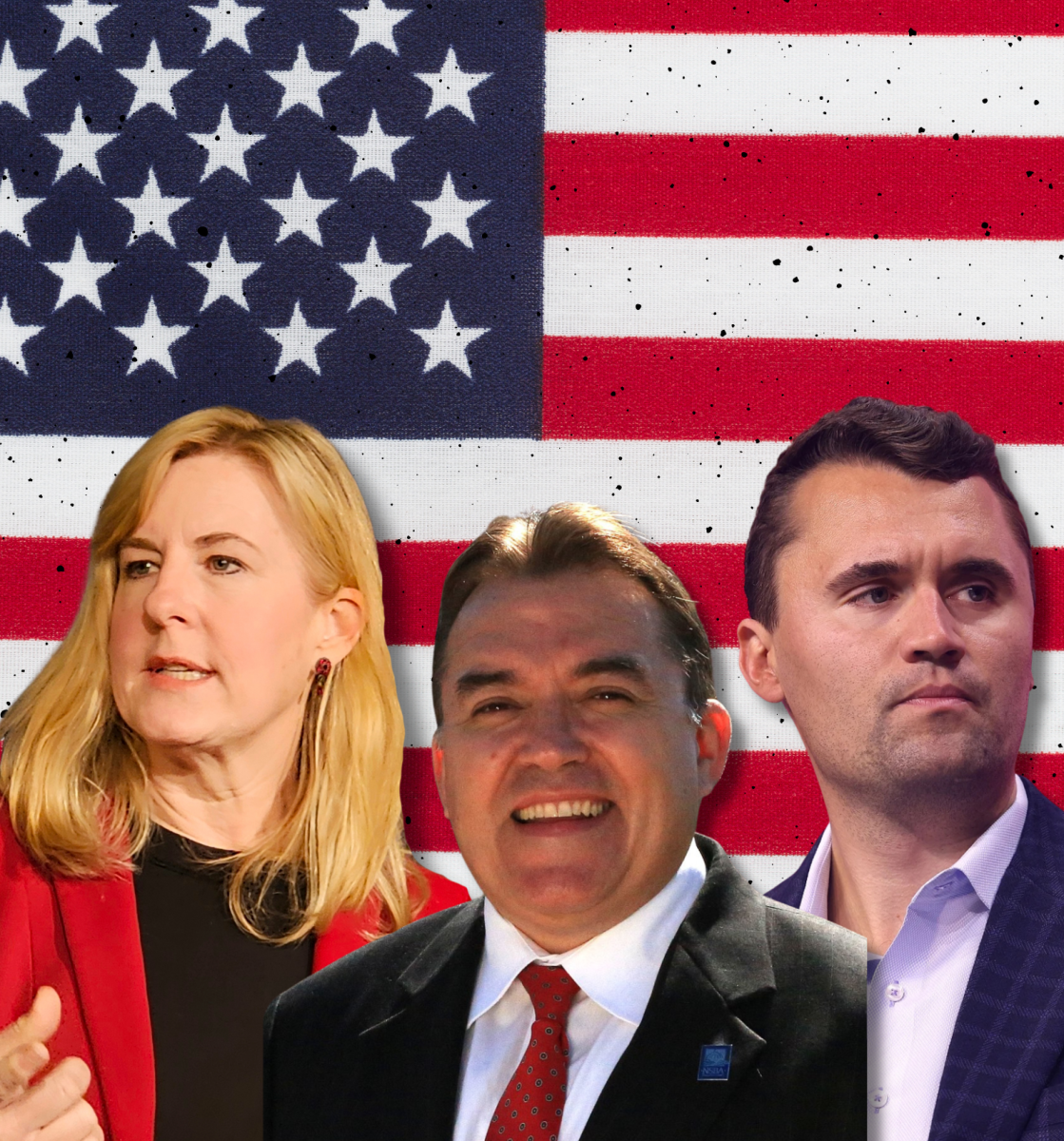
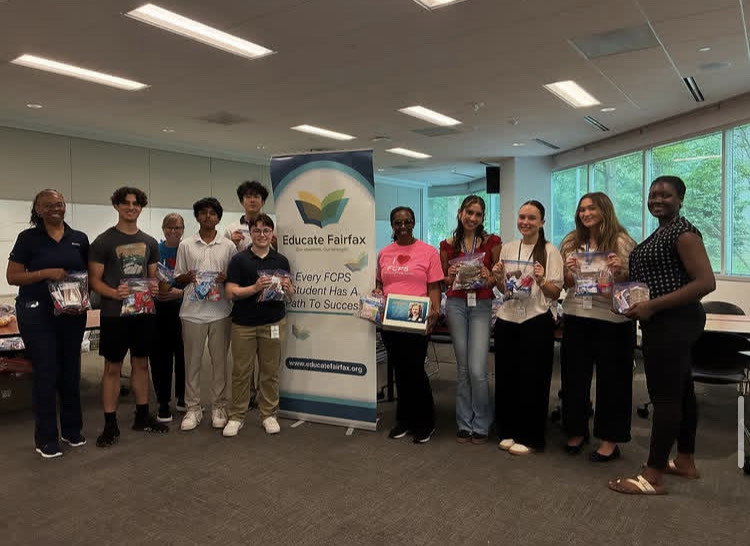

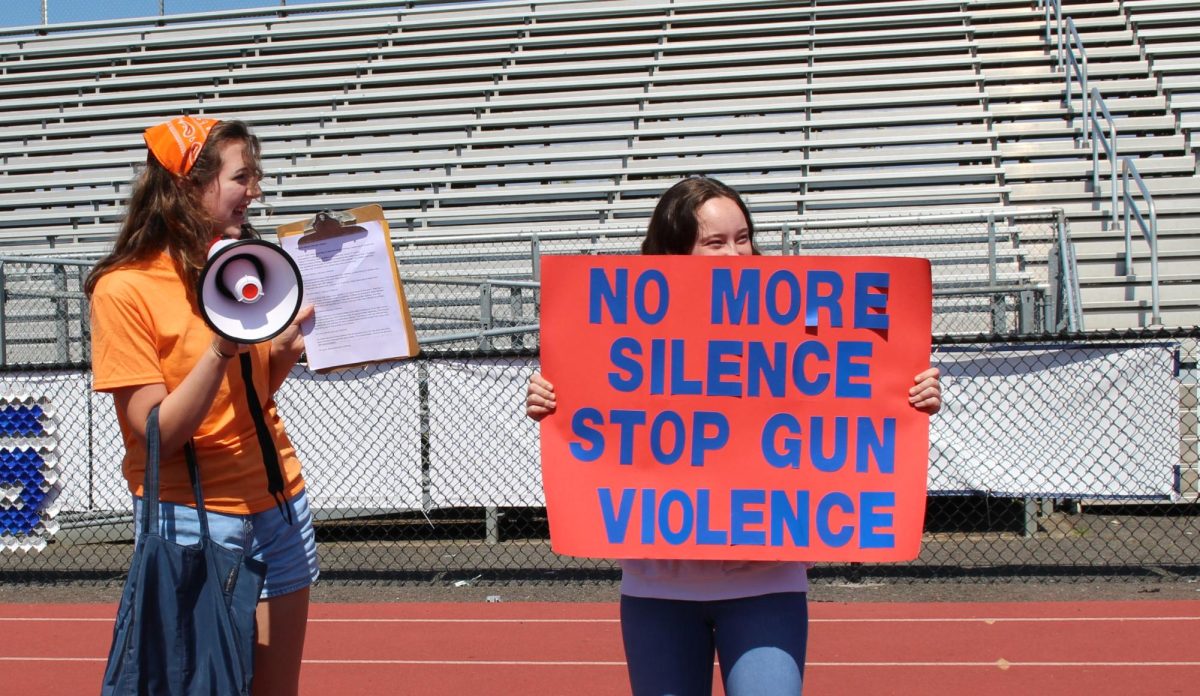

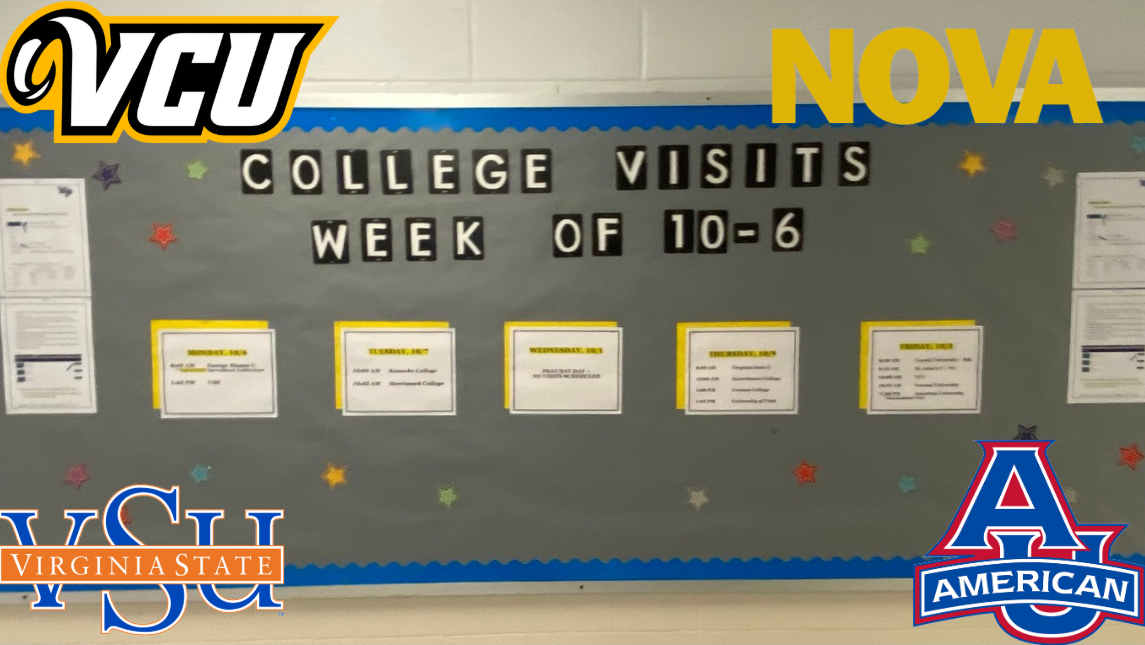
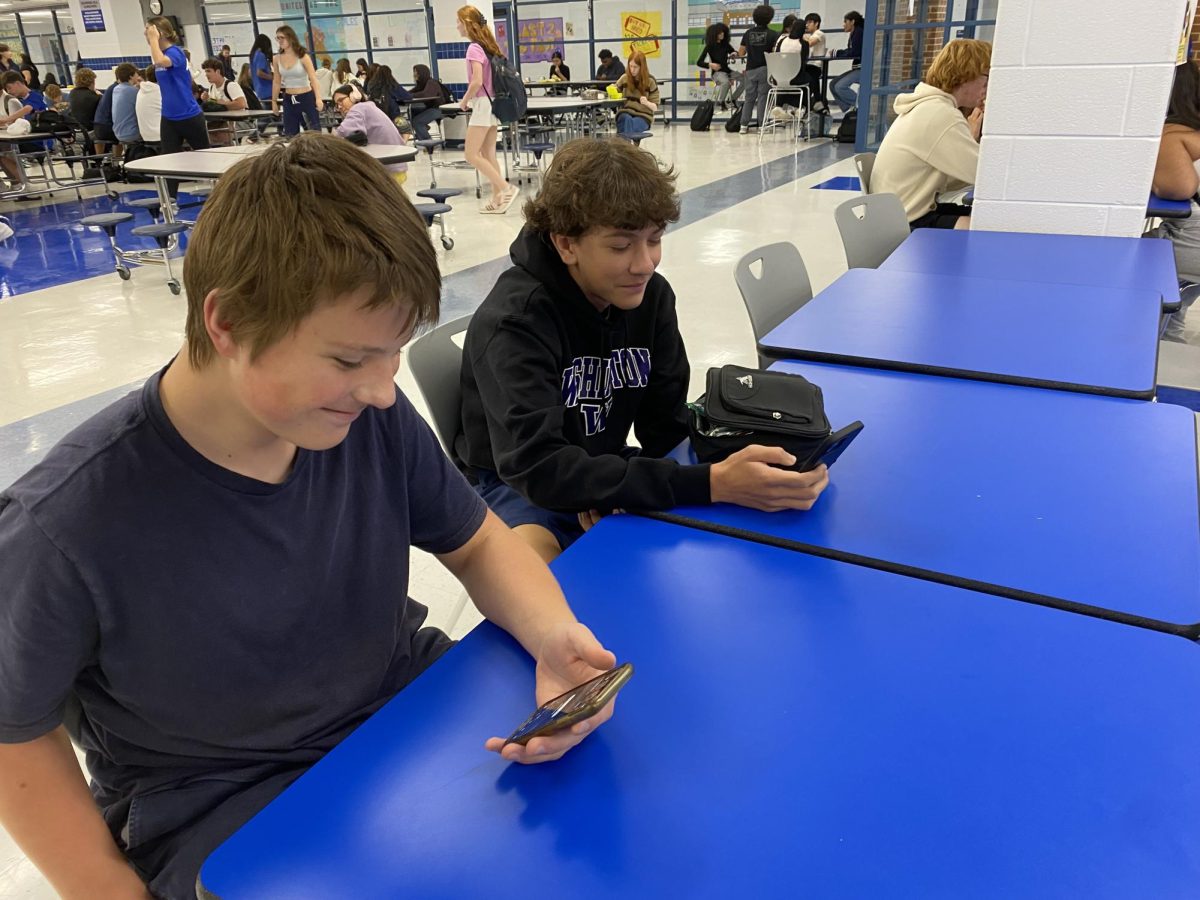


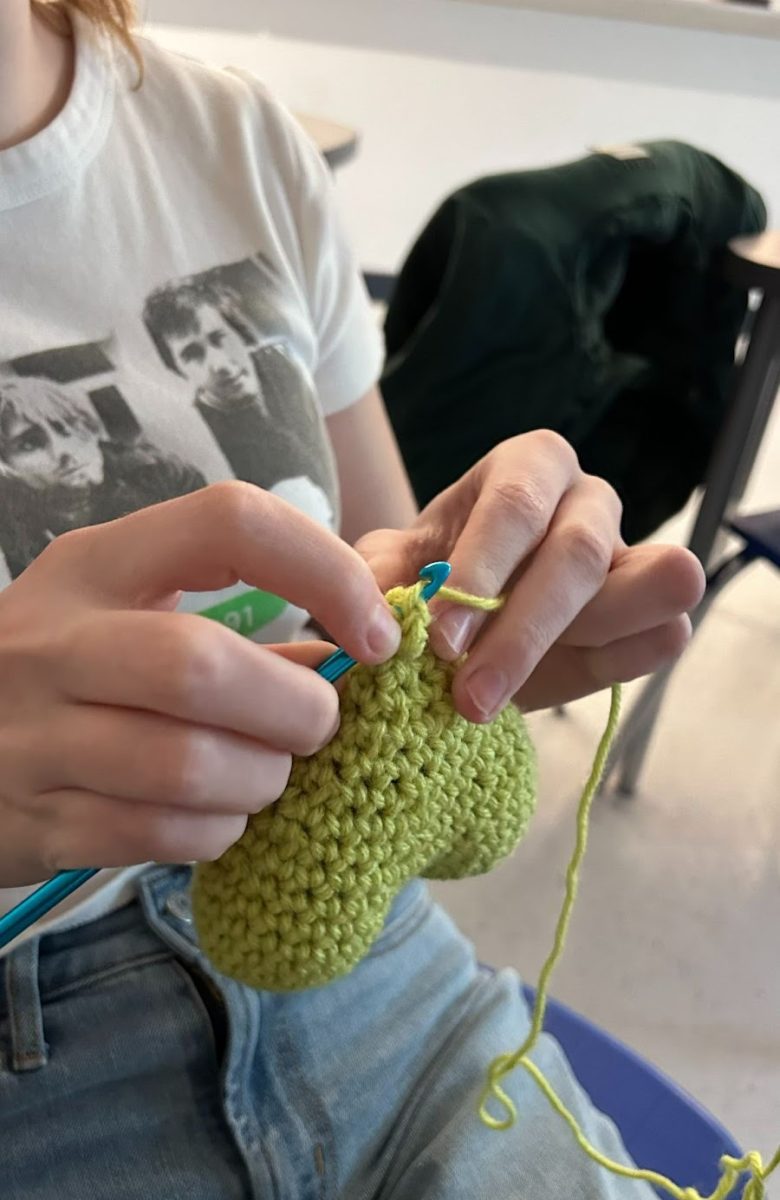
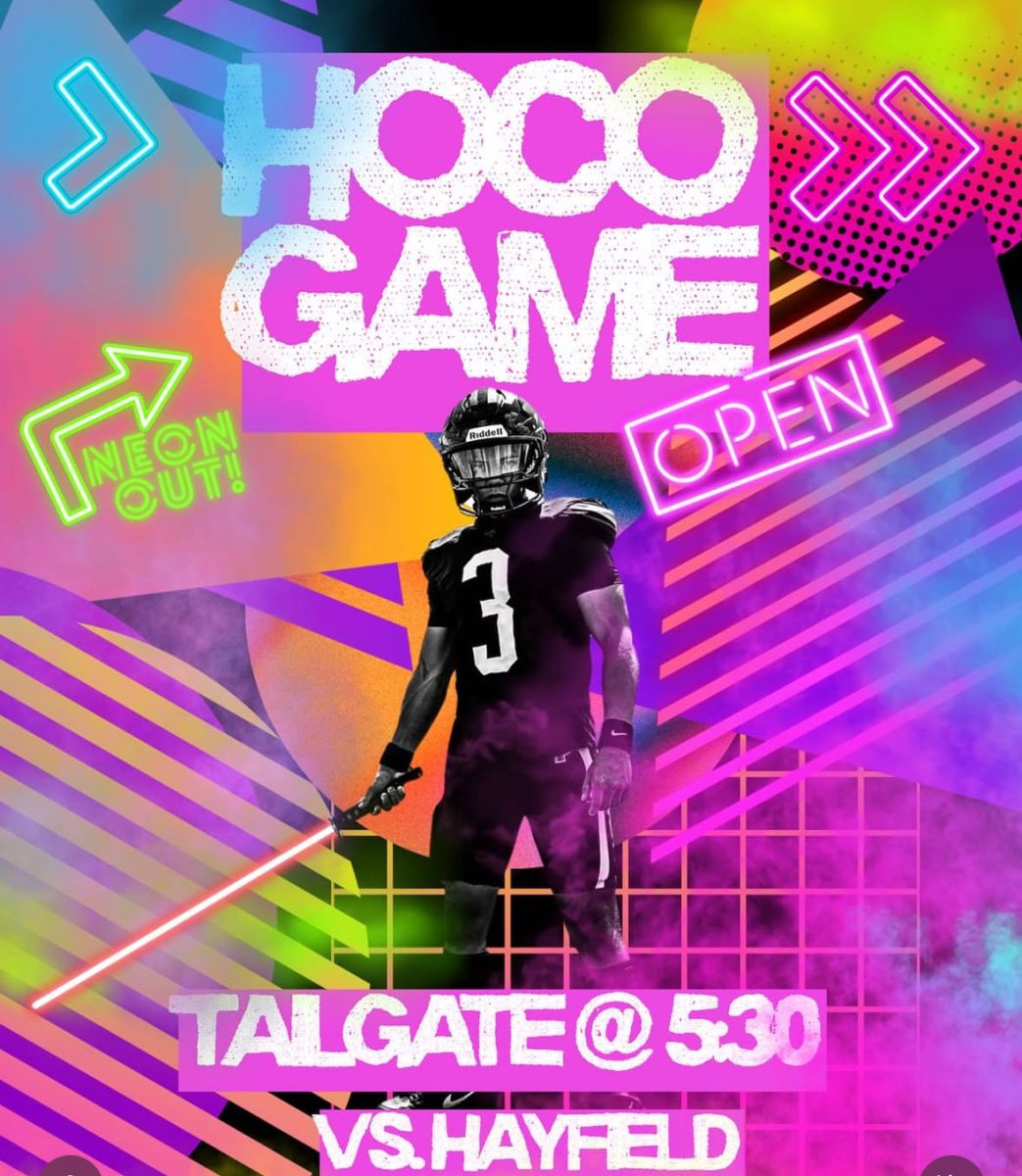
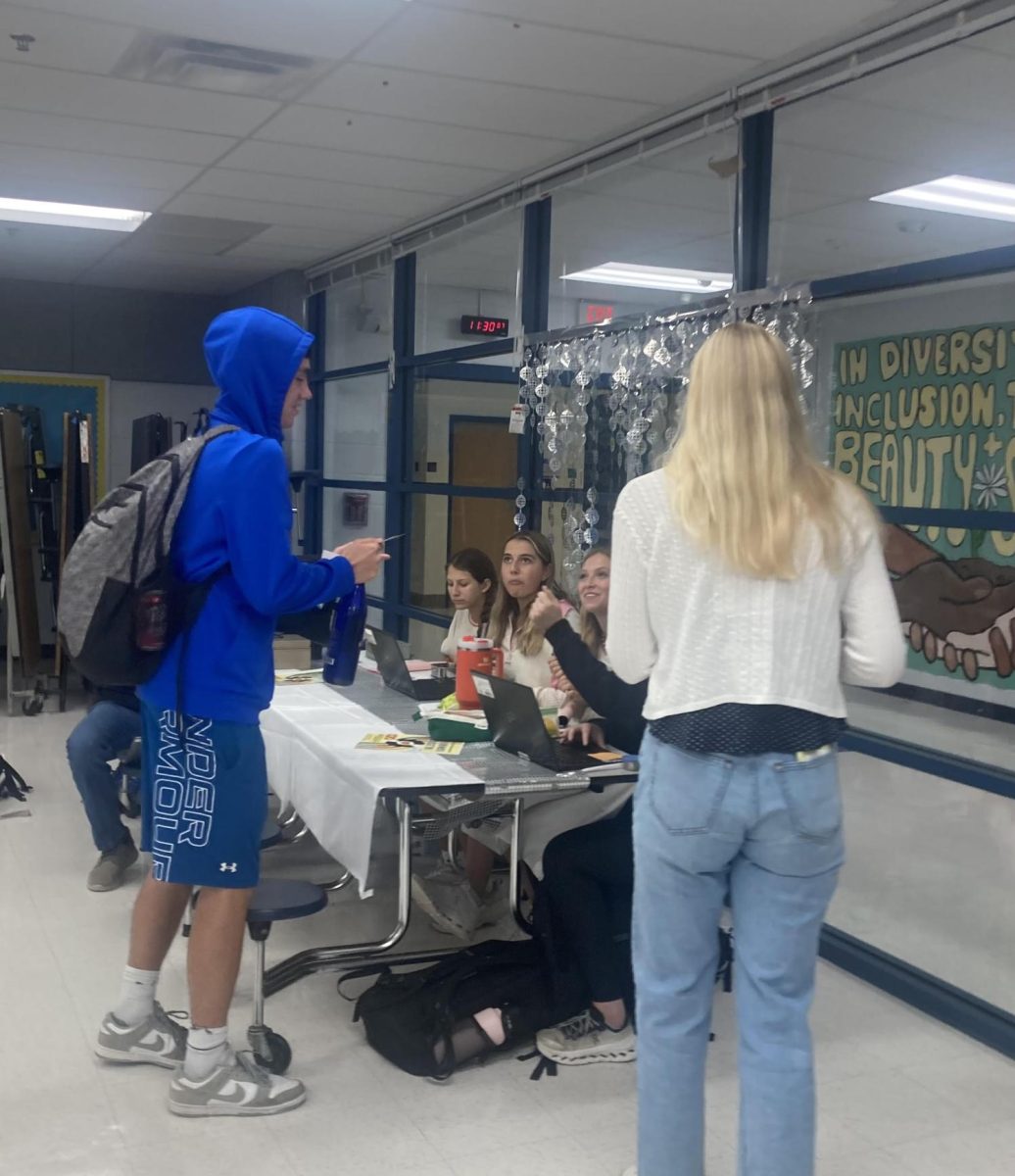




















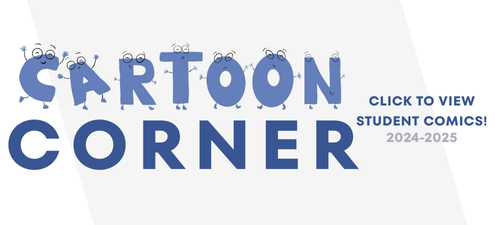




















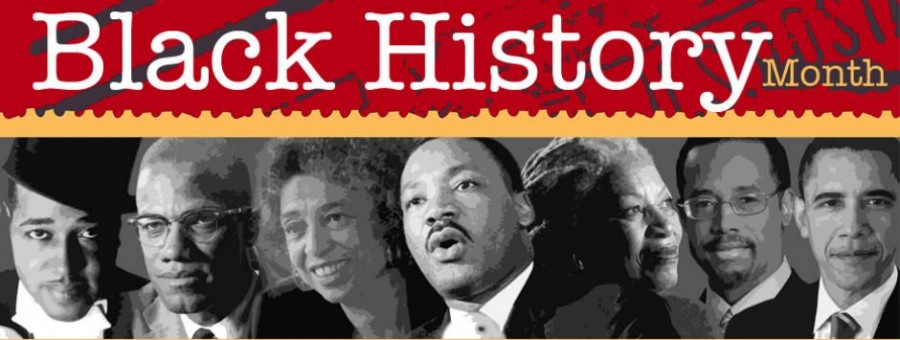

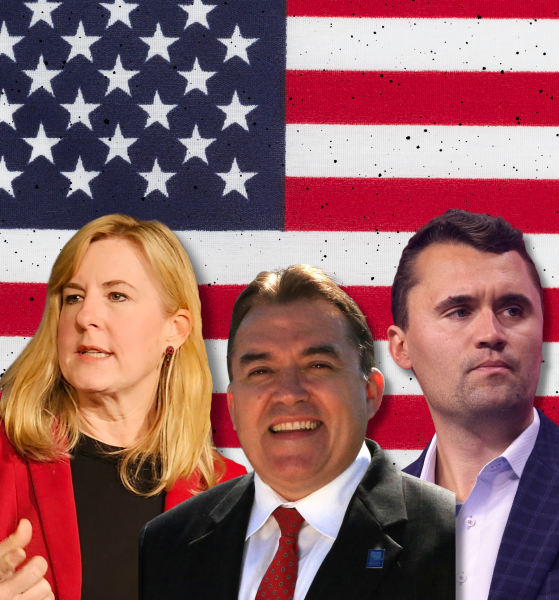
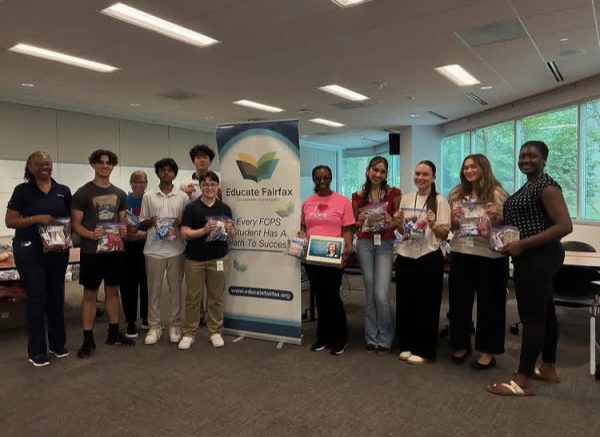
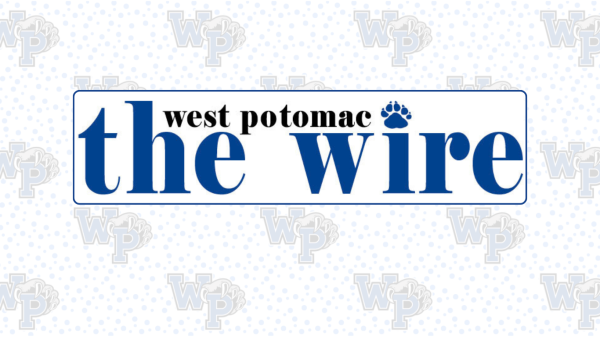
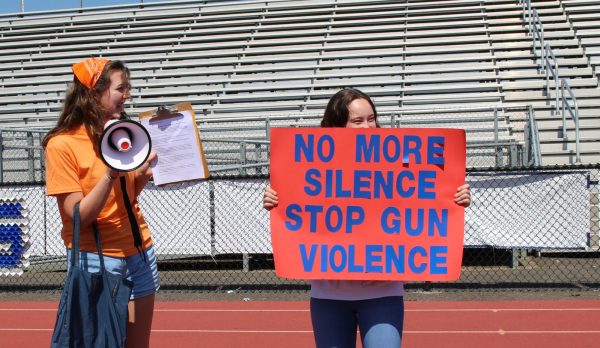
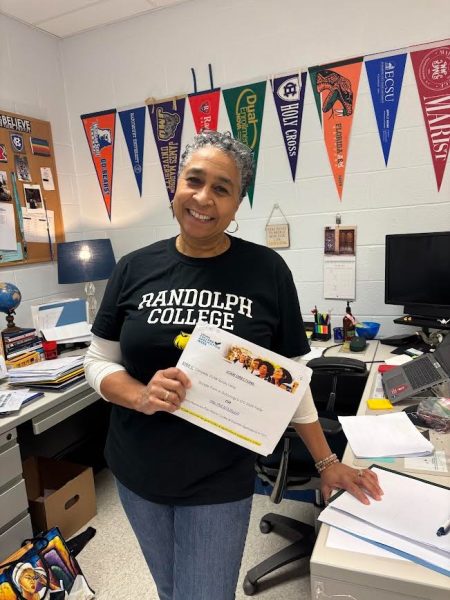
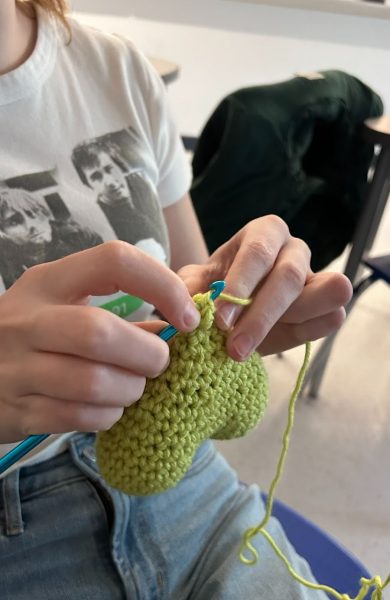
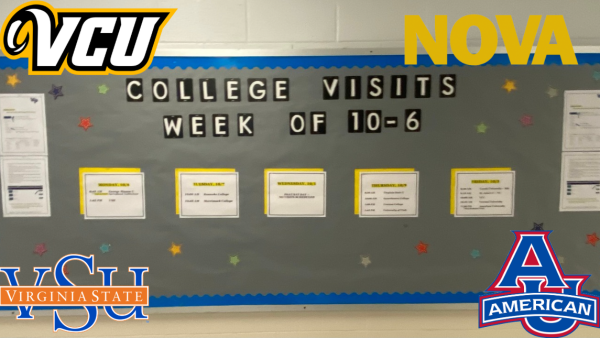
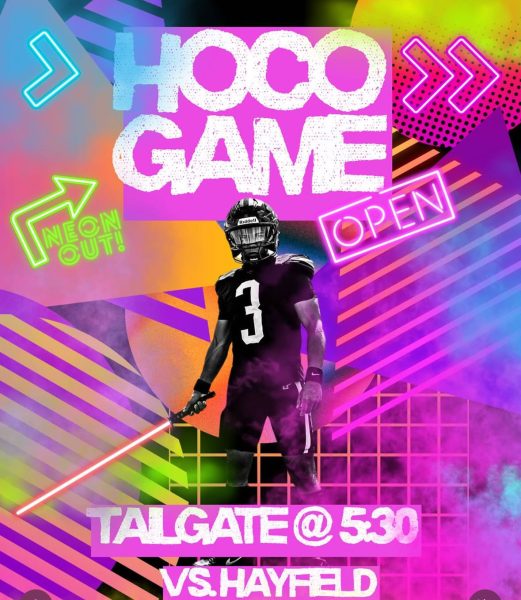
CD • Jul 13, 2022 at 8:37 PM
That was informative